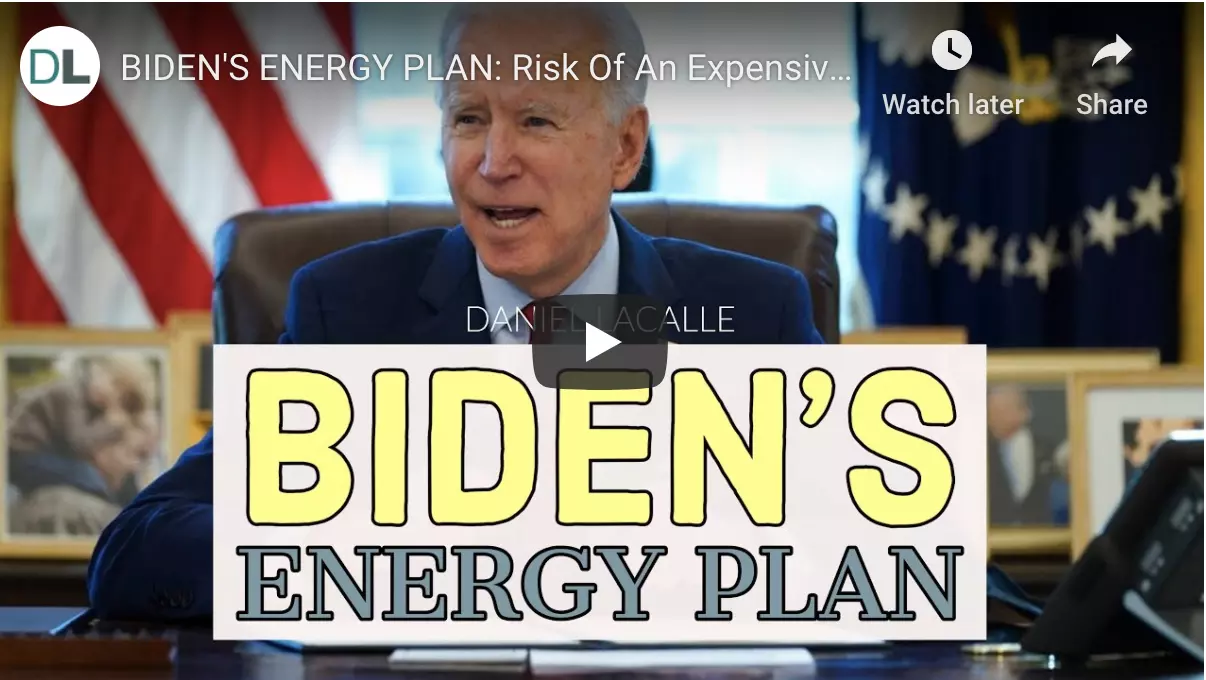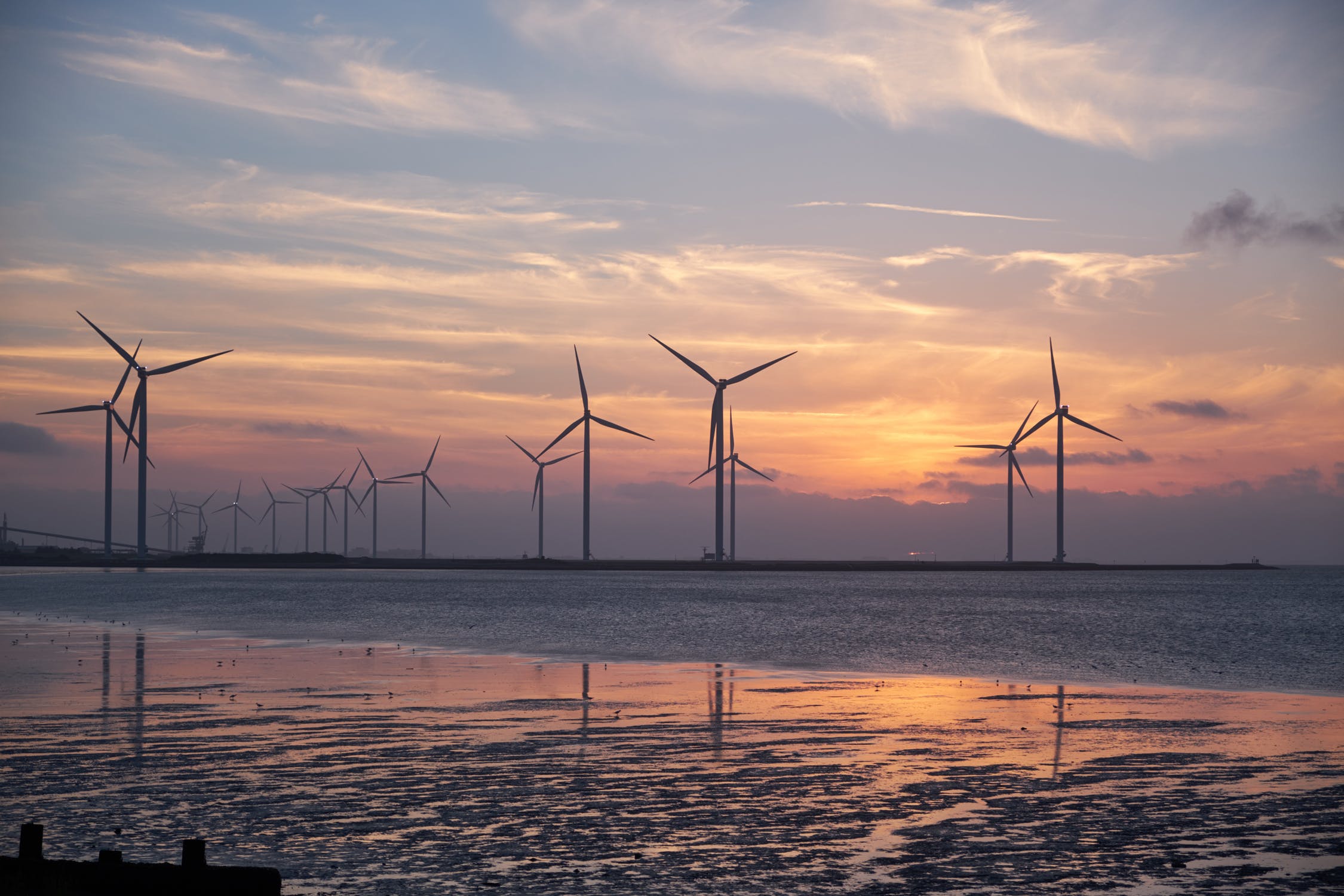Joe Biden has presented a $2 trillion clean energy plan that may be very expensive for consumers if the United States follows the mistakes of the European example.

There are some important facts that should concern us when thinking about the US and Europe’s energy policy, supporting industry and creating jobs:
- In the European Union, SMEs pay 20% more for electricity than in China and 65% more than in India. Between 2005 and 2012 electricity prices in Europe rose 38%, while in the United States they fell 4%. If we go to natural gas, in Europe prices rose 35%, while in the US they fell 66%. But the worst thing is that this trend has become more pronounced in recent years.
- The “green” policy in Germany has doubled bills for households while the price of wholesale generation fell, and in 2017 it still had over 52% of its electricity mix and 88% of primary energy consumption from fossil fuels. The German “energiewende” has already cost more than 243 billion euro between taxes and “renewable subsidies” since 2000, and greenhouse gas emissions are almost flat since 2009. Even worse, the impact of net job creation in the energy sector has been negative. Between the job losses in traditional companies and the bankruptcies of local solar names, job creation has turned negative. Germany once had a goal of 500,000 green energy jobs by 2020. After peaking at just below 380,000 a few years ago, the number is now approaching 350,000 and this means that the net effect in the industry will be a 20,000 loss.
- Up to 33% of the total costs of industrial companies come from energy expenses, which have exploded in recent years due to the impact of subsidies, fixed costs, and taxes.
It is very simple, either we look for competitiveness or the negative impact on employment and delocalization of industries will increase.
The energy sector is key in the decarbonization process, but will not achieve it through perverse incentives and accumulated costs that penalize the efficient in favor of the inefficient, subsidize the expensive, and tax the competitive ones.
The best technological tool to improve the environment is a combination of natural gas, nuclear, hydro, and renewable energy. But renewables are intermittent, while consumption is continuous. We cannot forget the billions required in grid connections and support to maintain an intermittent and volatile mix.
The energy policy of the United States must comply with the principles of safety, diversification and competitiveness. All these can only happen with higher liberalization and competition, not less.
Technology replacement and energy transition should be achieved through competition, lower costs and efficiency, the same way as crude oil ended with whale oil, not because it was decided by a committee, but because the cost was lower and the benefits for consumers evident.
Security of supply must be achieved, also, from a flexible and diversified energy mix which must be cheap and efficient, not via subsidies and higher fixed costs, but through the tax incentives that prevent “fake demand signals” and prevent overcapacity.
Energy is the cornerstone of the future of any nation. Destroying competitiveness would likely worsen the current crisis. The U.S. has the tools, using all technologies, to ensure an abundant and cheap energy supply. Anything else would bring it to repeat the mistakes that Europe made a few years ago.




Leave your comments
Post comment as a guest